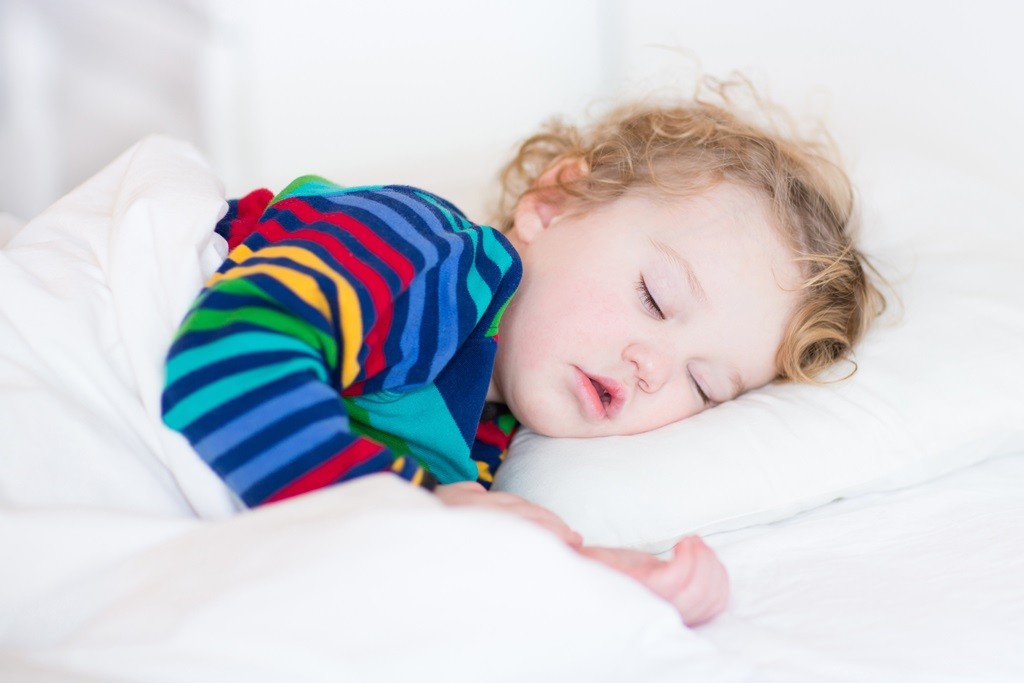Fighting with kids about their bedtime and actually enforcing it are common sources of stress for families.
Many children will stall, complain or try to renegotiate bedtimes — but should parents let them?
According to recent research, an early bedtime can go a long way in improving both kids’ and parents’ overall well-being. This is according to a study from the Murdoch Children’s Research Institute in Melbourne, Australia, which was based on interviews with children and parents who were a part of the “Growing Up in Australia” study.
For their analysis, researchers used data collected from parents whose kids were 4 to 5 years old in 2004, again when the kids were 6 to 7 and a third time when they were ages 8 to 9. After pouring through the data, researchers found that kids who have earlier bedtimes are more likely to be healthier, and moms tend to have better mental health. (Note: Children who were “early to bed” were asleep by 8.30 p.m.) The benefits were true regardless of how long kids actually slept — the key was going to bed early. As for moms, they were able to have more “me’”time for their own interests, relationships and projects when the kiddos hit the hay earlier.
Wondering just how early your child’s bedtime needs to be in order to reap the health benefits? Although the 8:30 p.m. bedtime is good rule of thumb, the actual time a kid’s head needs to be hitting that pillow, according to experts, depends largely on when they will be waking up in the morning.
With this in mind, the National Sleep Foundation does provide daily sleep recommendations for children, based on age groups.
- Newborns (0-3 months): 14 to 17 hours
- Infants (4-11 months): 12 to 15 hours
- Toddlers (1-2 years): 11 to 14 hours
- Preschoolers (3-5): 10 to 13 hours
- School-age children (6-13): 9 to 11 hours
- Teenagers (14-17): 8 to 10 hours
For a quick bedtime chart based on specific waking times, check out this handy reference table. A number of parents pointed out they would have no time for homework or family time if they strictly adhered to these bedtimes.
What do you think of this study? What time do your kids typically go to bed?

